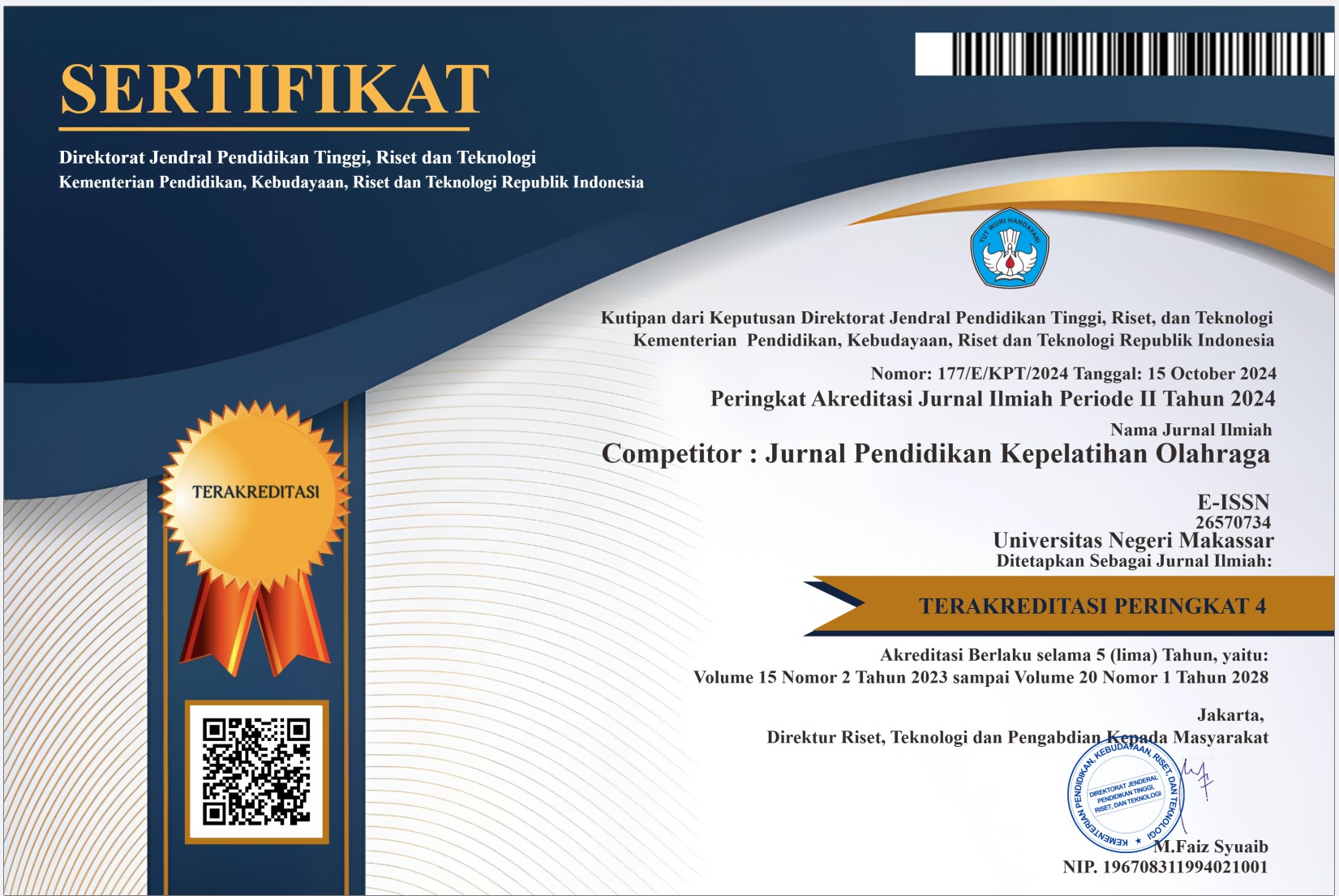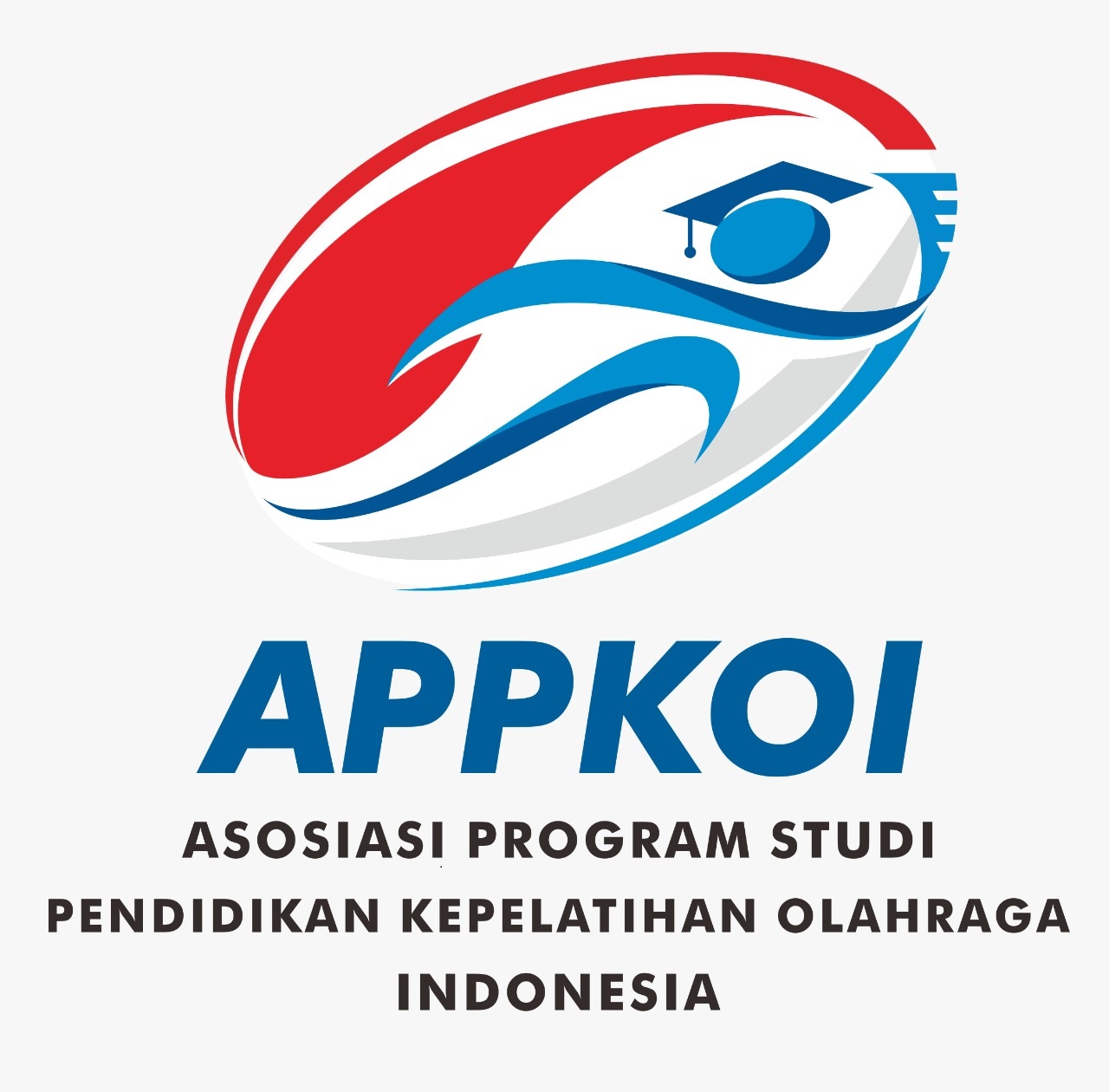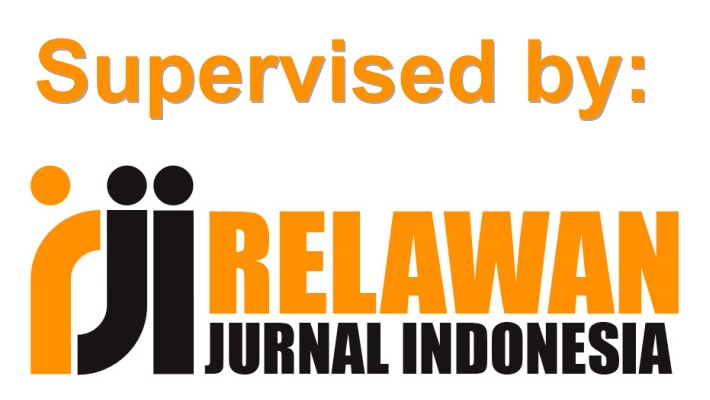Systematic Literature Review: The Impact Of Football Events On Local Economy And Tourism Sector
DOI:
https://doi.org/10.26858/cjpko.v17i2.71698Keywords:
Football Events, Economic Impact, Tourism Impact, Local Economy, Systematic Literature Review.Abstract
This systematic literature review examines the economic and tourism impacts of football events on local communities, aiming to synthesise empirical evidence, evaluate methodological approaches, and identify determinants of success or failure. Utilising the PRISMA framework, the study analysed 92 peer-reviewed articles published between 2000 and 2023 from databases including Scopus, Web of Science, and EBSCO host. Inclusion criteria prioritised empirical studies on international, regional, and domestic football events, while theoretical analyses and non-football sports events were excluded. Data extraction focused on variables such as event type, geographic context, and stakeholder governance, with quality assessment conducted via the Mixed Methods Appraisal Tool (MMAT). Thematic analysis revealed three key findings: (1) mega-events generate significant short-term economic gains (78% of studies), particularly in hospitality and transportation sectors, but long-term sustainability remains limited (34% of studies), often overshadowed by hidden costs like infrastructure debt; (2) stakeholder collaboration and inclusive governance enhance benefit distribution, as seen in Germany’s post-2006 World Cup tourism growth (+8% over five years); and (3) small-scale events demonstrate greater economic sustainability and community engagement compared to mega-events due to lower costs and localized participation. The study highlights disparities between developed and developing nations, where the latter experience higher short-term GDP growth (+15%) but face greater financial risks. These findings underscore the need for transparent cost-benefit frameworks, post-event audits, and prioritised investment in regional events. By integrating quantitative and qualitative insights, this review proposes a holistic model for optimising football events as tools for equitable and sustainable development.
References
Adams, J., et al. (2017). Systematic reviews in sport management research: A meta-review. Journal of Sport Management, 31(5), 511–525.
Allmers, S., & Maennig, W. (2009). Economic Impacts of the FIFA Soccer World Cups in France 1998, Germany 2006, and Outlook for South Africa 2010. Eastern Economic Journal, 35, 500–519. https://doi.org/10.1057/eej.2009.30
Baade, R., & Matheson, V. (2004). The Quest for the Cup: Assessing the Economic Impact of the World Cup. Regional Studies, 38, 343–354. https://doi.org/10.1080/03434002000213888
Cooper, H. (2017). Research Synthesis and Meta-Analysis: A Step-by-Step Approach (Fifth Edition). SAGE Publications, Inc. https://doi.org/10.4135/9781071878644
Crompton, J. (2004). Beyond Economic Impact: An Alternative Rationale for the Public Subsidy of Major League Sports Facilities. Journal of Sport Management, 18, 40–58. https://doi.org/10.1123/jsm.18.1.40
Crompton, J. L. (2006). Economic impact studies. Instruments for political.
Deccio, C., & Baloglu, S. (2002). Nonhost Community Resident Reactions to the 2002 Winter Olympics: The Spillover Impacts. Journal of Travel Research, 41, 46–56. https://doi.org/10.1177/0047287502041001006
Denzin, N. K. (1978). Sociological methods: A sourcebook. McGraw-Hill.
Du Plessis, S., & Maennig, W. (2011). The 2010 FIFA World Cup high-frequency data economics: Effects on international tourism and awareness for South Africa. Development Southern Africa, 28, 349–365. https://doi.org/10.1080/0376835X.2011.595994
FIFA. (2022). FIFA World Cup 2022TM Global Broadcast and Audience Report. FIFA.
Flick, U. (2004). Triangulation in qualitative research. Triangulation in Qualitative Research.
Getz, D. (2012). Event Studies: Discourses and Future Directions. Event Management, 16. https://doi.org/10.3727/152599512X13343565268456
Gibson, H., Kaplanidou, K., & Kang, S. (2012). Small-scale event sport tourism: A case study in sustainable tourism. Sport Management Review, 15. https://doi.org/10.1016/j.smr.2011.08.013
Grix, J., & Houlihan, B. (2013). Sports Mega-Events as Part of a Nation’s Soft Power Strategy: The Cases of Germany (2006) and the UK (2012). The British Journal of Politics & International Relations, 16. https://doi.org/10.1111/1467-856X.12017
Higham, J. (1999). Commentary - Sport as an Avenue of Tourism Development: An Analysis of the Positive and Negative Impacts of Sport Tourism. Current Issues in Tourism, 2(1), 82–90. https://doi.org/10.1080/13683509908667845
Hong, Q. N., et al. (2018). Mixed Methods Appraisal Tool (MMAT) version 2018. International Journal of Qualitative Health Care, 30(1), 1–7.
Kasimati, E. (2003). Economic Aspects and the Summer Olympics: A Review of Related Research. International Journal of Tourism Research, 5, 433–444. https://doi.org/10.1002/jtr.449
Kitchenham, B., & Charters, S. (2007). Guidelines for performing Systematic Literature Reviews in Software Engineering. 2.
Lee, C.-K., & Taylor, T. (2005). Critical reflections on the economic impact assessment of a mega-event: The case of the 2002 FIFA World Cup. Tourism Management, 26, 595–603. https://doi.org/10.1016/j.tourman.2004.03.002
Liberati, A., Altman, D. G., Tetzlaff, J., Mulrow, C., Gøtzsche, P. C., Ioannidis, J. P. A., Clarke, M., Devereaux, P. J., Kleijnen, J., & Moher, D. (2009). The PRISMA statement for reporting systematic reviews and meta-analyses of studies that evaluate health care interventions: explanation and elaboration. PLoS Medicine, 6(7), e1000100. https://doi.org/10.1371/journal.pmed.1000100
Matheson, V. (2006). Mega-Events: The effect of the world’s biggest sporting events on local, regional, and national economies. International Association of Sports Economists, Working Papers.
Müller, M. (2015). What makes an event a mega-event? Definitions and sizes. Leisure Studies, 34, 1–16. https://doi.org/10.1080/02614367.2014.993333
Petersen, K., Vakkalanka, S., & Kuzniarz, L. (2015). Guidelines for conducting systematic mapping studies in software engineering: An update. Information and Software Technology, 64. https://doi.org/10.1016/j.infsof.2015.03.007
Preuss, H. (2007). The economics of staging the Olympics: A comparison of the Games 1972–2008. Edward Elgar Publishing.
Solberg, H., & Preuss, H. (2015). Major Sport Events and Long-Term Tourism Impacts. Journal of Sport Management, 21. https://doi.org/10.1123/jsm.21.2.213
Sinurat, R. (2019). The profile of the maximum oxygen volume level (VO2max) of a football athlete of Pasir Pengaraian University. Jurnal SPORTIF: Jurnal Penelitian Pembelajaran, 5(1), 80-88.
Sinurat, R. (2020). Zig-Zag Run: Metode Latihan Kelincahan Tendangan Sabit Pencak Silat. Journal Sport Area, 5(2), 177-185.
Tranfield, D., Denyer, D., & Smart, P. (2003). Towards a Methodology for Developing Evidence-Informed Management Knowledge using Systematic Review. British Journal of Management, 14, 207–222. https://doi.org/10.1111/1467-8551.00375
Weed, M., Coren, E., & Fiore, J. (2015). The Olympic Games and cultural policy. Routledge.
Wohlin, C. (2014). Guidelines for snowballing in systematic literature studies and a replication in software engineering. ACM International Conference Proceeding Series. https://doi.org/10.1145/2601248.2601268
Zimbalist, A. (2015). Circus Maximus: The economic gamble behind hosting the Olympics and the World Cup. Brookings Institution Press.
Downloads
Published
Issue
Section
License
Copyright (c) 2025 Ridwan Sinurat, Michael Johannes Hadiwijaya Louk, Amin Pujiati, Mohammad Syaffruddin Kuryanto, Khairul Anam, Yudo Harvianto (Author)

This work is licensed under a Creative Commons Attribution 4.0 International License.



















